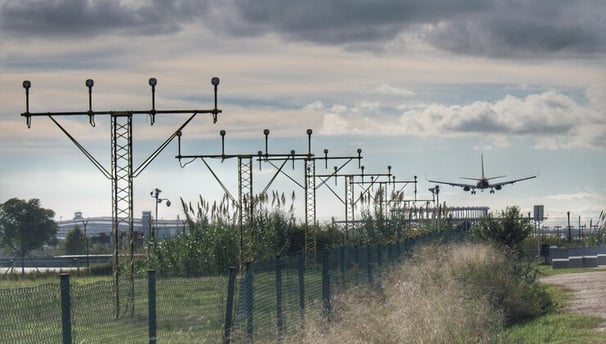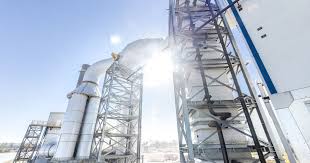Richard Miller
Hello, I'm Richard Miller, a passionate advocate and dedicated professional in the realm of sustainable electrification, with a profound focus on the advancements and challenges within distribution network. My journey in this dynamic field has been driven by a singular vision: to revolutionize the way we distribute and consume electricity, fostering a more sustainable, resilient, and efficient energy future.
My academic foundation, rooted in Electrical Engineering and supplemented by a master's degree in Sustainable Energy Systems, has equipped me with a comprehensive understanding of the technical intricacies and broader implications of electrification. This knowledge forms the bedrock of my professional endeavors, enabling me to bridge the gap between theory and practice in the context of modern distribution networks.
Over the past decade, I've had the privilege of working on a diverse range of projects that have significantly contributed to the evolution of distribution network. From implementing cutting-edge smart grid technologies that enhance grid visibility and control to designing innovative energy storage solutions that optimize power flow and reduce reliance on fossil fuels, each project has been a step towards a more sustainable energy ecosystem. I've also been actively involved in the integration of renewable energy sources into distribution networks, addressing the unique challenges posed by their intermittent nature and ensuring grid stability.
One of the most exciting aspects of my work is exploring the potential of emerging technologies in the field of sustainable electrification. I'm particularly interested in the role of artificial intelligence and machine learning in predicting energy demand, optimizing grid operations, and facilitating the seamless integration of distributed energy resources. Additionally, I closely follow developments in electric vehicle charging infrastructure, recognizing its crucial role in the electrification of transportation and the broader energy transition.
However, I'm acutely aware that the path to sustainable electrification is not without its challenges. Aging infrastructure, regulatory complexities, and the need for significant investment in research and development are just some of the hurdles we face. But I firmly believe that these challenges also present opportunities for innovation and collaboration. By working together with industry stakeholders, policymakers, and researchers, we can develop solutions that are not only technically feasible but also economically viable and socially acceptable.
In addition to my professional work, I'm committed to sharing my knowledge and experience with others. I regularly participate in industry conferences, workshops, and panel discussions, where I have the opportunity to exchange ideas, learn from peers, and contribute to the ongoing dialogue on sustainable electrification. I also mentor young professionals and students, inspiring them to pursue careers in this field and equipping them with the skills and knowledge they need to make a difference.
In conclusion, my work in sustainable electrification is more than just a job; it's a calling. I'm driven by the belief that through innovation, collaboration, and a relentless pursuit of excellence, we can transform our energy systems and create a more sustainable future for generations to come. I look forward to continuing to contribute to this important mission and to working with like-minded individuals and organizations to drive positive change in the world of distribution network and beyond.




At the technical level, the physical limitations of traditional power grids are broken through intelligence and digitalization to achieve a dynamic balance of "source, grid, load and storage"; at the environmental level, renewable energy replaces fossil energy and becomes the core carrier of global carbon neutrality; at the economic level, cost reduction and value reconstruction are used to promote the transformation of energy services from "monopoly supply" to "open market"; at the social level, universal power services and enhanced resilience are used to consolidate the livelihood foundation of sustainable development.


With breakthroughs in technologies such as digital twins, quantum communications, and hydrogen energy storage, the distribution network will be upgraded from a "power transmission pipeline" to an "energy Internet hub". Its advantages will be further extended in areas such as energy democratization, carbon trading markets, and smart cities, providing underlying support for global sustainable development.